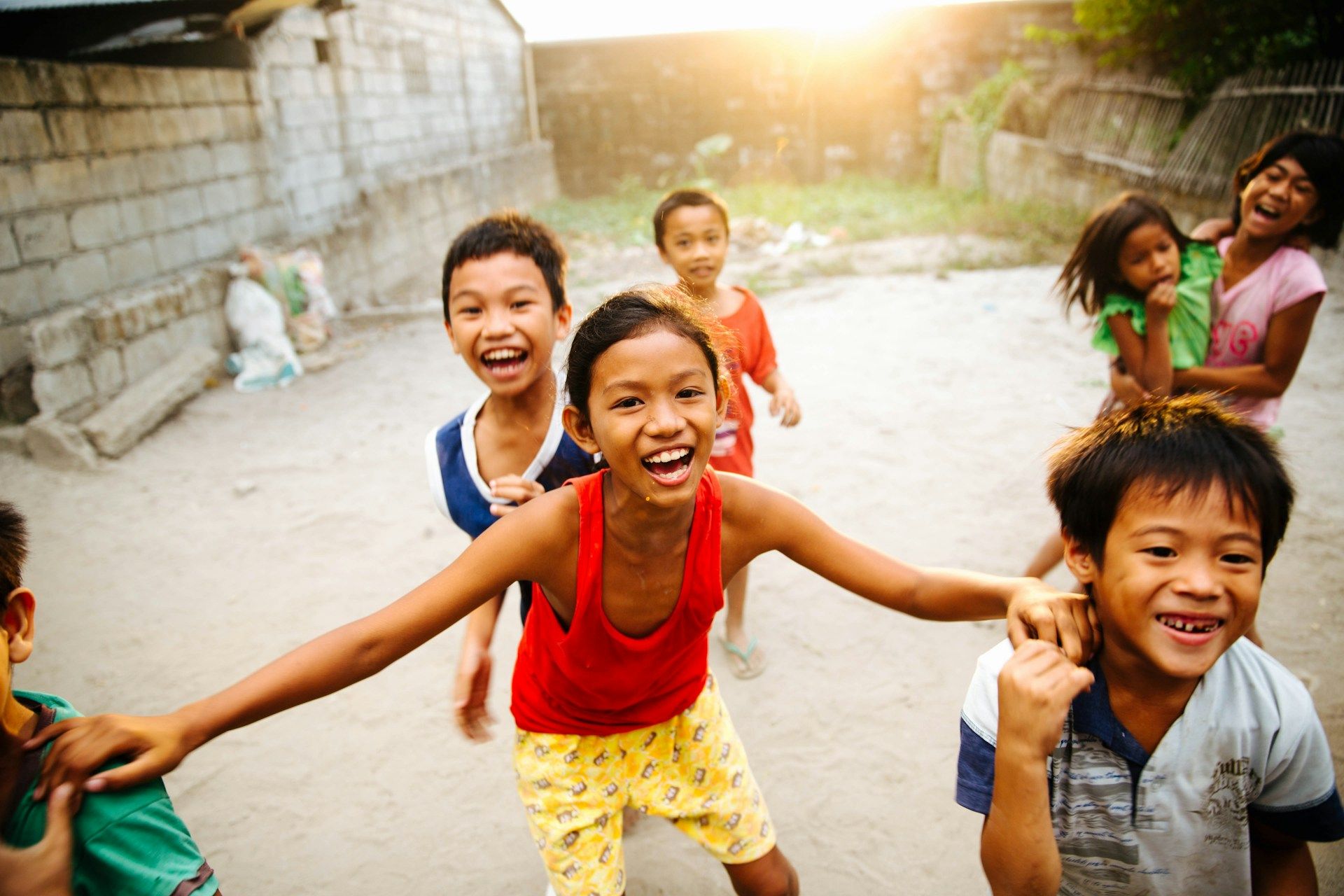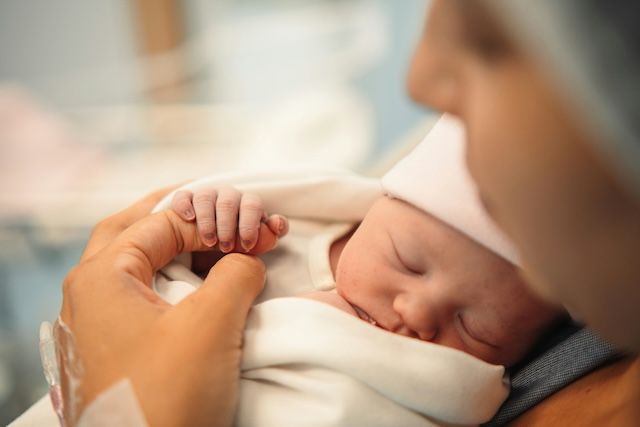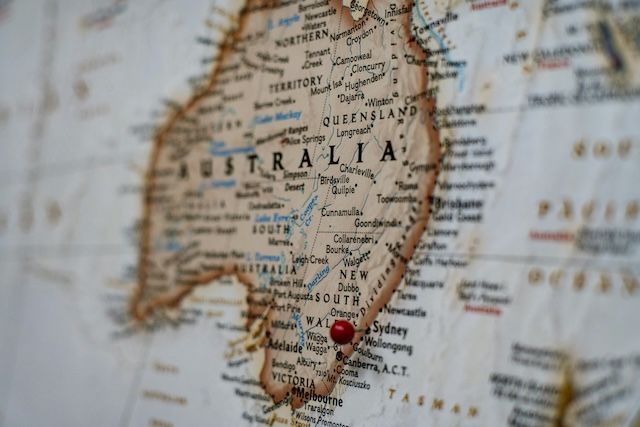Advancing Philippine Health with Global Aid
International collaboration, led by USAID and UNFPA, is transforming the Philippine health sector. Investments in disease control and midwifery education mark significant progress
The transformative impact of international aid and collaboration in the Philippine health sector is a narrative that intertwines the efforts of various organizations, notably the United States Agency for International Development (USAID) and the United Nations Population Fund (UNFPA). Over the past five years, USAID has invested over P14 billion ($260 million) in the Philippines, focusing on combating tuberculosis (TB), HIV, and supporting the country's response to Covid-19. Concurrently, the UNFPA has been instrumental in strengthening midwifery education, particularly during the challenges posed by the COVID-19 pandemic.
 Image by Avel Chuklanov
Image by Avel Chuklanov
USAID's multifaceted approach in the Philippines encompasses not only infectious diseases but also the reinforcement of primary healthcare systems. This is evident through their "Primary Impact" program, which enhances primary healthcare delivery and supports the implementation of universal health care. This initiative aims to prevent families from falling into financial hardship due to healthcare costs.
The tangible outcomes of USAID's collaboration are significant. More than 750,000 individuals with TB have been identified and treated, and there was a 36% increase in the TB case notification rate between 2022 and 2023. In the realm of HIV prevention and treatment, USAID, through the PEPFAR program, has revolutionized the Philippines' HIV response, enrolling thousands on PrEP and optimizing HIV treatment regimens.
Parallel to USAID's efforts, the UNFPA's initiatives in the Philippines have been crucial in addressing the gaps in maternal and child healthcare. Midwives, particularly in remote areas, are vital to the health system. Maria Teresa “Mhet” Padilla, the National President of the Association of Philippine Schools of Midwifery (APSOM), emphasizes the critical role of midwives in maternal and child care and their competencies in handling normal deliveries.
However, challenges persist. The 2022 National Demographic and Health Survey indicates that 1 in 10 women in the Philippines are unable to give birth in health facilities or receive assistance from skilled healthcare personnel like midwives during childbirth. This gap was further exacerbated during the COVID-19 pandemic, which disrupted health and government services, including midwifery education.
To address these challenges, UNFPA Asia & Pacific, in partnership with the Burnet Institute, launched an online course for midwifery faculty members in 2020. This program significantly aided midwife educators in adapting to flexible learning models, a crucial adaptation during the pandemic. APSOM members, including Mhet, participated in this Faculty Development Program, which enhanced their skills in planning and developing curriculum. Recognizing its value, APSOM expanded the training to more than 200 faculty members through online classes.
The program's success was such that APSOM had it recognized as part of the Continuing Professional Development accreditation system, benefiting midwives in need of license renewal. Mhet asserts that such trainings align midwifery education in the Philippines with global standards, ensuring safe, quality, and compassionate care for mothers and children. Today, APSOM and UNFPA Philippines are exploring options to further disseminate this program in a face-to-face setting.
The concerted efforts of international agencies like USAID and UNFPA, in collaboration with local institutions like APSOM, have been instrumental in advancing the Philippines' health sector. While USAID's contributions have been pivotal in combating infectious diseases and strengthening primary healthcare systems, UNFPA's focus on midwifery education has been crucial in ensuring quality maternal and child care. These partnerships exemplify the power of global cooperation in addressing public health challenges and improving healthcare standards, ultimately contributing to a more robust and resilient health system in the Philippines.





